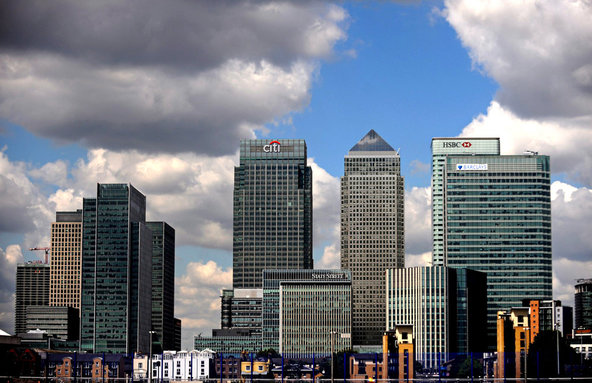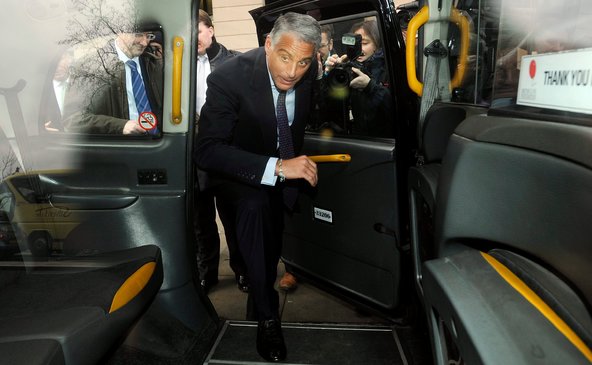 Andy Rain, via European Pressphoto AgencyBanks at Canary Wharf in London.
Andy Rain, via European Pressphoto AgencyBanks at Canary Wharf in London.
LONDON – Britain’s financial regulator said on Wednesday that it was examining claims that traders at large banks manipulated some foreign exchange benchmark rates and that it might start an official investigation.
The Financial Conduct Authority is talking to individuals in the foreign exchange market and seeking more information about claims that traders rigged the so-called WM/Reuters rates before deciding whether to open an investigation.
Bloomberg News reported that employees had been manipulating the rate by pushing through client trades before and during 60-second windows when the benchmarks are set. The rates are used by fund managers to calculate the value of their holdings and by index providers like FTSE Group, Bloomberg reported.
A spokesman for the F.C.A. said the agency was already looking at the foreign exchange market before the Bloomberg report, adding that it was still too early to say whether its findings would lead to an official investigation.
Because the foreign exchange market is not regulated, any F.C.A. inquiry would focus on individuals authorized by the regulator to act in the market and whether companies did enough to prevent market abuse.
“The F.C.A. is aware of these allegations and has been speaking to the relevant parties,” said Stewart Todd, a spokesman.
Bloomberg News, citing two unidentified traders, reported that rate manipulation occurred daily and had been going on for at least a decade, affecting the value of funds and derivatives.
Article source: http://dealbook.nytimes.com/2013/06/12/british-regulator-looking-into-currency-rates-trades/?partner=rss&emc=rss
